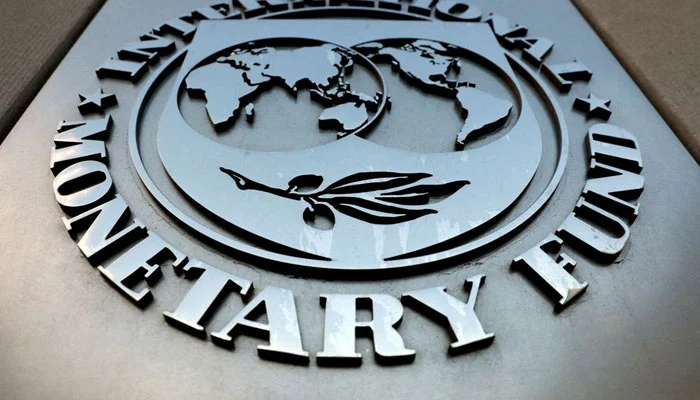- Argentina, Pakistan, others pushing IMF to drop or waive surcharges
- US, Germany, Switzerland and other oppose change
- IMF estimates surcharges will cost affected borrowers $4 billion
WASHINGTON: The International Monetary Fund’s (IMF) executive board on Monday discussed the surcharges it collects from mostly middle- and lower-income countries on larger loans that are not repaid quickly, but failed to agree to launch a formal review.
Argentina, Pakistan and others are pushing the IMF to drop – or at least temporarily waive – the surcharges, which the IMF estimates will cost affected borrowers $4 billion on top of interest payments and fees from the start of the COVID-19 pandemic through the end of 2022.
The United States, Germany, Switzerland and other advanced economies oppose a change, arguing that the fund should not change its financing model at a time when the global economy is facing significant headwinds.
An IMF spokesperson said the board discussed potential changes to the policy during its regular review of the global lender’s precautionary balances, but failed to reach consensus on reviewing the policy.
“Overall, views on changes to the surcharge policy continued to diverge, including on the merits of a temporary waiver of surcharges,” the spokesperson said.
No details were provided, but the fund said it would publish a staff paper and a press release in coming days that would provide a fuller account of the board’s deliberations. No date was set for any further board discussion.
Kevin Gallagher, who heads the Global Development Policy Center at Boston University, said big shareholders should rethink their opposition, given the global economic outlook.
“This is the most urgent time to address a fundamentally flawed business model where the IMF is generating revenues by taxing those most in need,” Gallagher said.
But it was notable, he said, that the IMF’s shareholders had failed to outright reject a review.
“One silver lining is that the biggest shareholders … didn’t have enough strength to kill the proposal,” he said.
Stalemate persists between IMF and Pakistan
Talks between Pakistan and IMF are at a stalemate with global lender pushing Islamabad on policies and reforms needed to keep the bailout programme’s targets on track and complete the pending ninth review.
“… a key purpose of program reviews in Pakistan, as in all program countries, is to evaluate both program performance to date, as well as, forward-looking, whether the program is on track or policy measures are needed to meet program targets, advance reform objectives, and maintain macroeconomic stability going forward,” Esther Perez Ruiz, IMF’s Resident Chief in Pakistan, said in a written reply.
An IMF review for the release of the next tranche under bailout funding has been pending since September.
The broader agreement on the revised macroeconomic framework could pave the way for evolving consensus on a staff-level agreement for the completion of the 9th review under the $7 billion Extended Fund Facility.

 Entertainment2 days ago
Entertainment2 days ago
 Latest News2 days ago
Latest News2 days ago
 Latest News2 days ago
Latest News2 days ago
 Latest News2 days ago
Latest News2 days ago
 Latest News2 days ago
Latest News2 days ago
 Entertainment2 days ago
Entertainment2 days ago
 Latest News2 days ago
Latest News2 days ago
 Business23 hours ago
Business23 hours ago






















